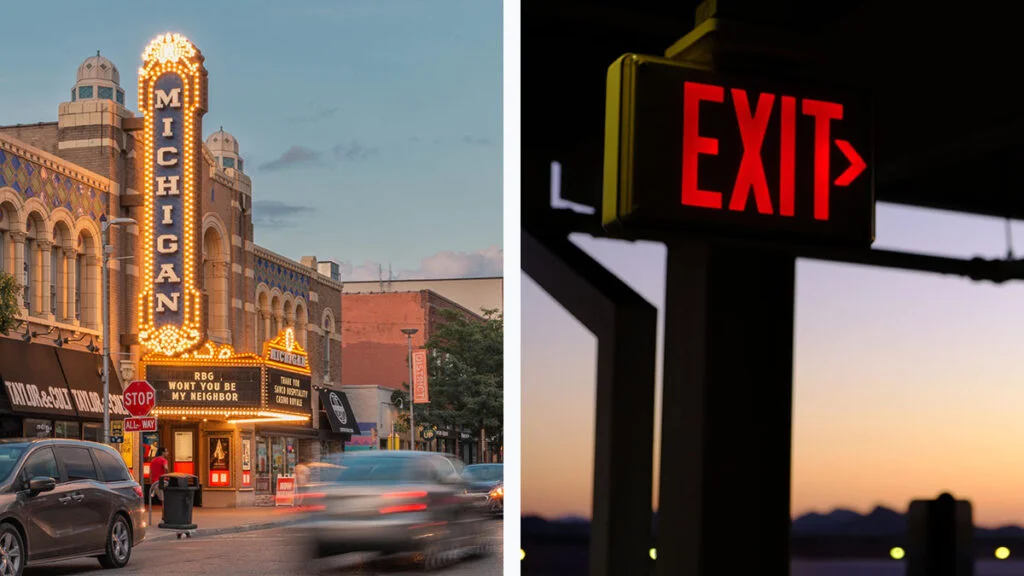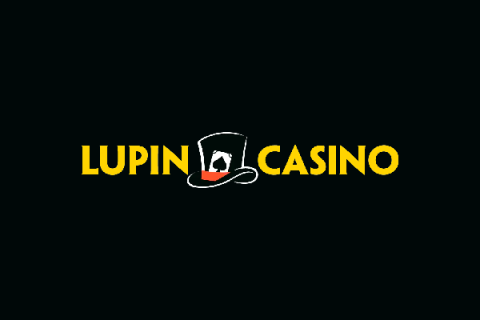Michigan Wants Social Casinos To Leave the State

In the wake of a recent legal challenge against Amazon regarding its social casino apps, the state of Michigan is taking a stringent stance by insisting that three gaming companies of this kind terminate their operations within its borders.
This week, the Michigan Gaming Control Board (MGCB) disclosed its move to issue cease-and-desist letters to three online gaming firms. The regulatory body’s actions were spurred by investigations uncovering these entities’ provision of unlicensed online gaming services within the state.
The MGCB emphasized that such measures are integral to its unwavering commitment to curbing illicit gaming operations within Michigan.
State regulators have raised accusations against two US-based companies and one international entity, asserting their violation of state laws. The Michigan Gaming Control Board (MGCB) has identified the various companies.
These include PredictionStrike Inc., which is based in Bay Shore, New York, and VGW LuckyLand, Inc., also known as VGW Holdings, headquartered in San Francisco, California. The list also included Sweepstakes Limited, known as Stake.us, located in Limassol, Cyprus.
PredictionStrike specializes in providing a “sports stock market,” while LuckyLand offers casino-style slot gameplay.
Stake.us, on the other hand, provides various options for casino social gaming and sports betting. Social casinos typically involve virtual currency play without the involvement of real money, although players often have the option to purchase additional coins if needed.
Henry Williams, the executive director of MGCB, emphasized the significance of gambling regulations and expressed the board’s commitment to preventing illegal gambling operations in Michigan.
Williams underscored the potential risks associated with unregulated sites, citing the lack of recourse for players and the negative impact on communities due to the absence of tax contributions that regulated establishments provide.
The MGCB outlined multiple instances where companies are suspected of breaching Michigan gaming laws, including the Lawful Internet Gaming Act, the Michigan Gaming Control and Revenue Act and the Michigan Penal Code.
In essence, regulators contend that these operators have conducted activities akin to casino gaming and sports betting in the state without the requisite license, leading to a loss of tax revenue for online gaming in Michigan. Solely federally authorized tribal casinos are eligible to apply for an iGaming operator or sports betting license.
While the three companies have refrained from issuing public statements in response to the state’s actions, many operators of this nature argue that players are well aware of the absence of real-money gaming or winnings.
The MGCB recognized that the three platforms have implemented measures to deter residents of Michigan from engaging in gambling on their websites.
- Other news categories:
- SlotsUp's news





